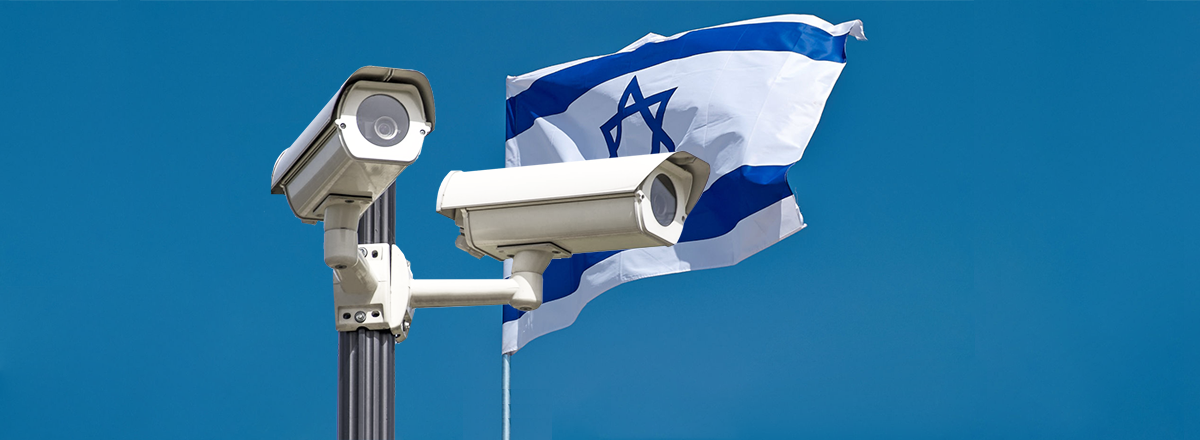In mid-March, Israeli Prime Minister Benjamin Netanyahu officially authorized the Shin Bet internal security service to track the geolocation of patients with COVID-19 and people who had contact with them.
Shin Bet, the technology that is usually used for anti-terrorism, determined the movements of the infected people and transmitted the data to the Health Ministry, which in turn contacted the sick and potentially infected. These people received a message asking them to start quarantining immediately.

Netanyahu emphasized that there is a need to maintain a balance between private rights and general needs, so the security agency no longer took part in the search for patients.
Meanwhile, Israel's Supreme Court ruled that authorities have no right to track the location of citizens to combat the coronavirus pandemic. Shin Bet can have this right only after the adoption of a particular law.
We won. The High Court of Justice has spoken: the Shin Bet does not have the authority to technologically track civilians in order to curb the Corona virus. An important milestone in Israel’s history, and a win for democracy. https://t.co/n1TXIFLVXK
— ACRI (@acri_online) April 26, 2020
"The state's choice to use its preventative security service for monitoring those who wish it no harm, without their consent, raises great difficulties and a suitable alternative, compatible with the principles of privacy, must be found," the court said.
The Israeli special services used such technologies to fight terrorism, and the police even claimed that they were effective. By April 22, with the help of Shin Bet, more than 200 quarantine violators had been arrested.

However, now the police cannot use these technologies for arresting quarantine violators. The Supreme Court obliged the government to begin legislation by April 30 and complete it within a few weeks if it wanted to continue tracking people's phones in its bid to stop the virus from spreading.














